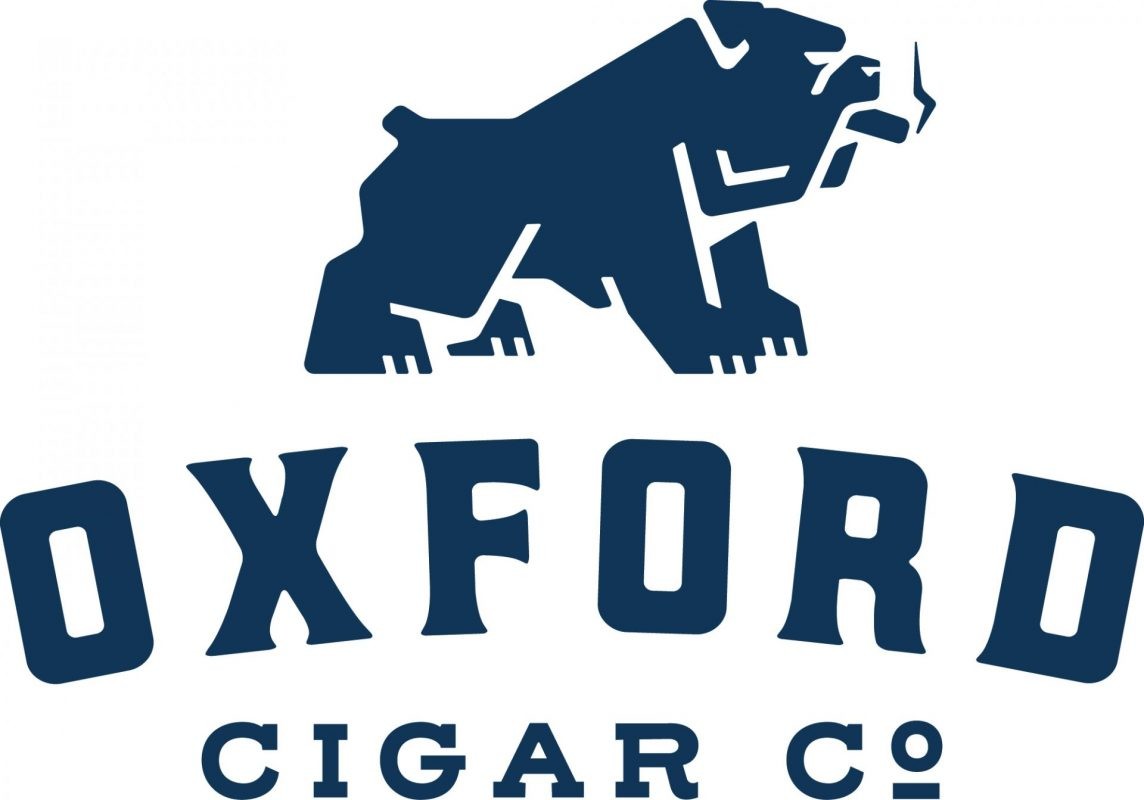News
The Futility of Tobacco Taxes: Why They Fail to Curb Smoking
For the better part of the last two decades anti-tobacco advocates have turned their attention towards pursuing legislative endeavors that seek to implement massive tax increases on tobacco products with the goal of curbing usage while increasing revenue into government coffers. The logic seems straightforward: hike taxes, and consumption will drop. However, what is largely lost in the debate on these measures is that they ultimately fail to achieve both of its goals. While historically these large increases in taxation have largely targeted cigarettes and mass-market products, increasingly premium cigars are becoming a target of legislators and anti-smoking groups and Cigar Rights of America is fighting these proposals across the nation.
Recently, an example of this type of policy has risen in France. A report by France’s Senate Social Affairs Committee recently highlighted the belief that increased taxation on cigarettes in France would force smokers to rethink their usage and ultimately promote healthier lifestyles across the country. In the report, the committee recommends raising cigarette prices by 5% annually until 2040, resulting in a real annual increase of 3.25% after accounting for 1.75% inflation, making a $10.00 pack of cigarettes cost $35.94 at the end of the period, $15.92 more than they would have from simple inflation.
Historically romanticized through literature, film, and iconic figures, smoking is viewed as a symbol of sophistication and rebellion in French society and is a significant social interaction for many in the country. Cigarette smoking, in particular, is deeply ingrained in French society due to its historical and cultural significance, social acceptance, and economic impact.
While French cigarette consumption and taxation efforts to reduce consumption have nothing to do with premium cigars, as indicated above, massive tax increases are becoming a routine part of anti-tobacco policies and premium cigars are not immune to this strategy and have found themselves in the crosshairs of tax policies across the country that are pushing massive increases.
For example, New York has proposed legislation that would increase the tax on premium cigars to 129% of the wholesale cost. In Massachusetts, the tax would go from 40% to 80% of the wholesale price. While neither proposal has gained traction, this approach is deeply flawed, and here’s why increased taxes on premium cigars never work.
First and foremost, from a public health perspective, the impact of increased taxes on premium cigars is negligible. Premium cigars are typically consumed in moderation, and their health risks are not as comparable to other combustible tobacco products. The occasional and moderate use of premium cigars means that the potential health benefits of reducing their consumption through taxation are minimal. Public health efforts would be better directed toward reducing cigarette and other high-risk tobacco product use while recognizing the unique consumer base of premium cigars.
Secondly, unlike regular cigarette smokers, who often smoke out of habit and addiction, premium cigar enthusiasts treat their hobby as a luxurious and occasional indulgence. This demographic is distinct, typically consisting of individuals who view cigar smoking as an art form and a ritual rather than a daily necessity.
When it comes to purchasing habits of premium cigars at the individual state level, massive tax increases do the opposite of their intent as consumers have the ability to purchase premium cigars from online cigar shops. While premium cigars make up a de minimis percentage of state’s tobacco tax-base, the shift to online sales ultimately undermine the tax policy goals by reducing legitimate in-state and in-store sales and leading to significant revenue losses for the state. Instead of curbing consumption, these taxes merely push purchases to out-of-state retail outlets and hurt local tobacconists and specialty shops that bear the brunt of these tax hikes. These establishments, already operating on thin margins, rely heavily on selling premium cigars. Increased taxes can lead to reduced sales, threatening the livelihood of these small businesses and harming local economies. Ultimately, the economic burden falls disproportionately on these small retailers, many struggling to survive in an increasingly competitive market.
Additionally, an often overlooked component of premium cigar enjoyment is the cultural and social factors that play a significant role in the enjoyment of premium cigars. Enjoying a premium cigar is often part of a social ritual, such as celebrations, gatherings, or personal milestones. These profoundly ingrained practices are resilient to price changes, meaning taxes are less likely to disrupt these behaviors.
The strategy of applying massive tax increases on premium cigars does not deliver on its intended goals. The distinct characteristics of the premium cigar market, including its unique consumer base, inelastic demand, occasional consumption patterns, and cultural significance, render tax hikes largely ineffective. To achieve meaningful public health outcomes and support local businesses, policymakers should consider alternative strategies that recognize the nuanced differences within the tobacco market. Policymakers must rethink their reliance on taxation and embrace a more comprehensive approach to tobacco control that recognizes the differences in tobacco products.
The post The Futility of Tobacco Taxes: Why They Fail to Curb Smoking appeared first on Cigar Rights.


